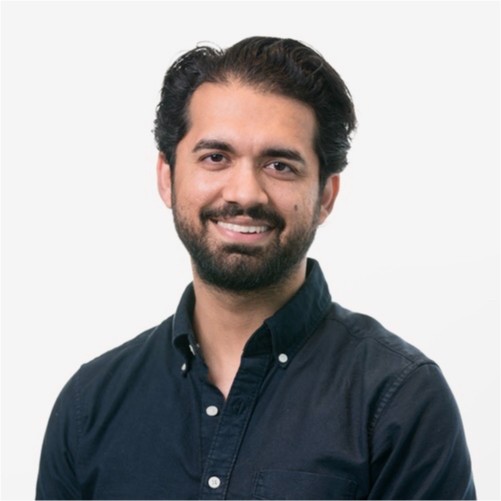Entrepreneur Case Studies
Thought Leaders in Financial Technology: Sankaet Pathak, CEO of Synapse (Part 1)

Sankaet is building interesting infrastructure products for FinTech. Lots of insights, also, on open opportunities within the field for new entrepreneurs to latch onto.
Sramana Mitra: Let’s start by introducing our audience to yourself as well as to Synapse.
Sankaet Pathak: I’m the Founder and CEO of Synapse. If you haven’t heard of Synapse, we are what’s considered a Banking-as-a-Service provider based in San Francisco.
>>>Bootstrapping Using Services from The Netherlands to a $300M+ Exit: Quintiq and ActiVote Founder Victor Allis (Part 6)
Sramana Mitra: Is this a B2C business?
Victor Allis: Yes, it’s for voters. The strange thing is, there’s no revenue. There is no business model at the time. All we’re trying to do is to get people to use it to vote. I always believe that if you do something that adds value, there’s always a way to get people to invest in it or pay money. We have a lot of policy questions. People make choices based on it. We can take all these choices and add them up and we could predict that a candidate would win. Our poll was actually closer than most polls.
>>>Bootstrapping Using Services from The Netherlands to a $300M+ Exit: Quintiq and ActiVote Founder Victor Allis (Part 5)
Sramana Mitra: You took money from private equity that gave you some liquidity to the founders and gave you growth capital to move to the next phase.
Victor Allis: Only liquidity to the founders. This is what was happening. I moved to the United States in 2010. We did a bit of press release. Suddenly, everybody was knocking on my door offering us money. I said no. They said, “That’s exactly why we want to give it to you.”
Sramana Mitra: I have a saying that VCs love to come to the rescue of victory.
>>>Bootstrapping Using Services from The Netherlands to a $300M+ Exit: Quintiq and ActiVote Founder Victor Allis (Part 4)
Sramana Mitra: What kind of revenue level did you get to?
Victor Allis: Ultimately in 2014, we had $100 million.
Sramana Mitra: What are the inflection points? You remember the milestones really well.
Victor Allis: The first one was in December 2000. The Dutch Railways was looking for a solution. It wasn’t part of my scope. My scope was manufacturing and trucking companies. We had never thought about Railways.
>>>Bootstrapping Using Services from The Netherlands to a $300M+ Exit: Quintiq and ActiVote Founder Victor Allis (Part 3)
Sramana Mitra: What kind of companies were these seven companies that you invited? Were they logistics companies?
Victor Allis: One was in the Rotterdam harbor; they unloaded ships. They told us that it’s a unique process and there was no product that could handle that. Then there was another one. It was a copper factory. We said that our product is so flexible that, no matter how crazy your process is, it will fit in our software. That was true. That was the unique thing. We made very flexible software.
>>>Bootstrapping Using Services from The Netherlands to a $300M+ Exit: Quintiq and ActiVote Founder Victor Allis (Part 2)
Sramana Mitra: What you’re describing is a track that we have called bootstrapping using services. It’s a tried-and-true path in which a lot of entrepreneurs have built companies. We have great regard for this method.
The services work, I understand. The product that you were developing, what was going to be in that product? How well did you understand the product, the requirements, and the positioning? What problem were you going to solve? How well did you understand all that?
>>>Bootstrapping a RegTech Venture to $20M: PerformLine CEO Alex Baydin (Part 6)
Sramana Mitra: At this point, it’s more of executing the business that you’ve described so far?
Alex Baydin: Yes, that was the last pivot that got us sustainable traction. We’re still very focused on consumer finance because it’s such a big category. As I mentioned, the platform and the technology provide this level of sales, marketing surveillance, and remediation across six channels: Web, Call Center, Email, Messages, Social, and Documents.
Sramana Mitra: What kind of revenue level are you at now?
>>>Bootstrapping Using Services from The Netherlands to a $300M+ Exit: Quintiq and ActiVote Founder Victor Allis (Part 1)

Victor bootstrapped Quintiq to $30M, raised funding, and then sold the company for over $300M. ActiVote is his second startup, currently self-funded.
Sramana Mitra: Let’s start from the beginning. Where are you from? Where were you born, raised, and in what kind of background?
>>>